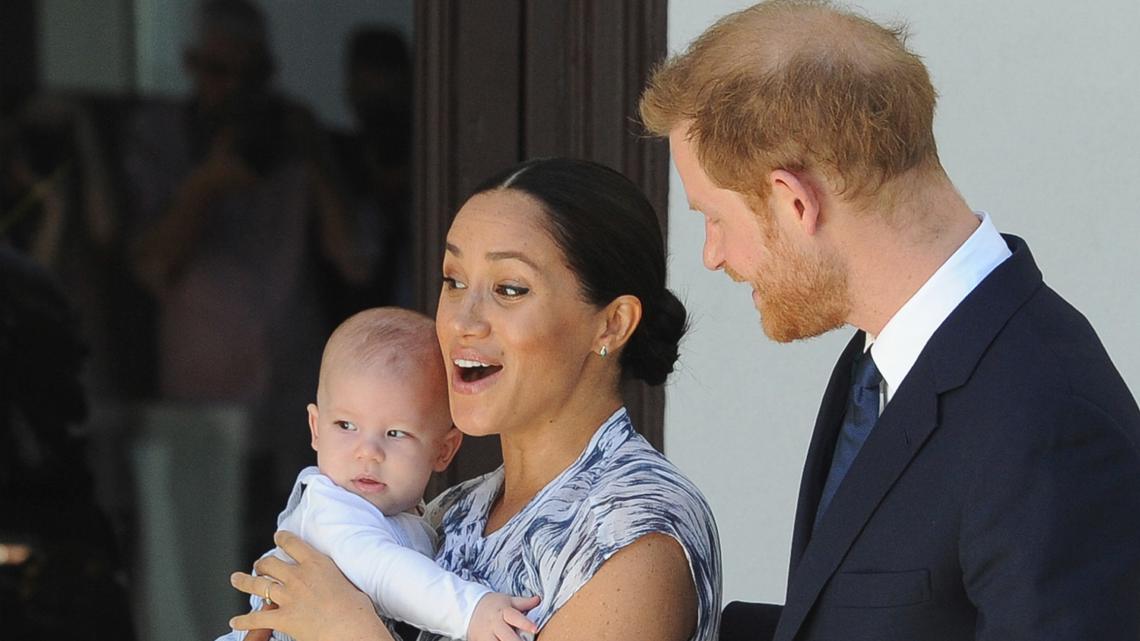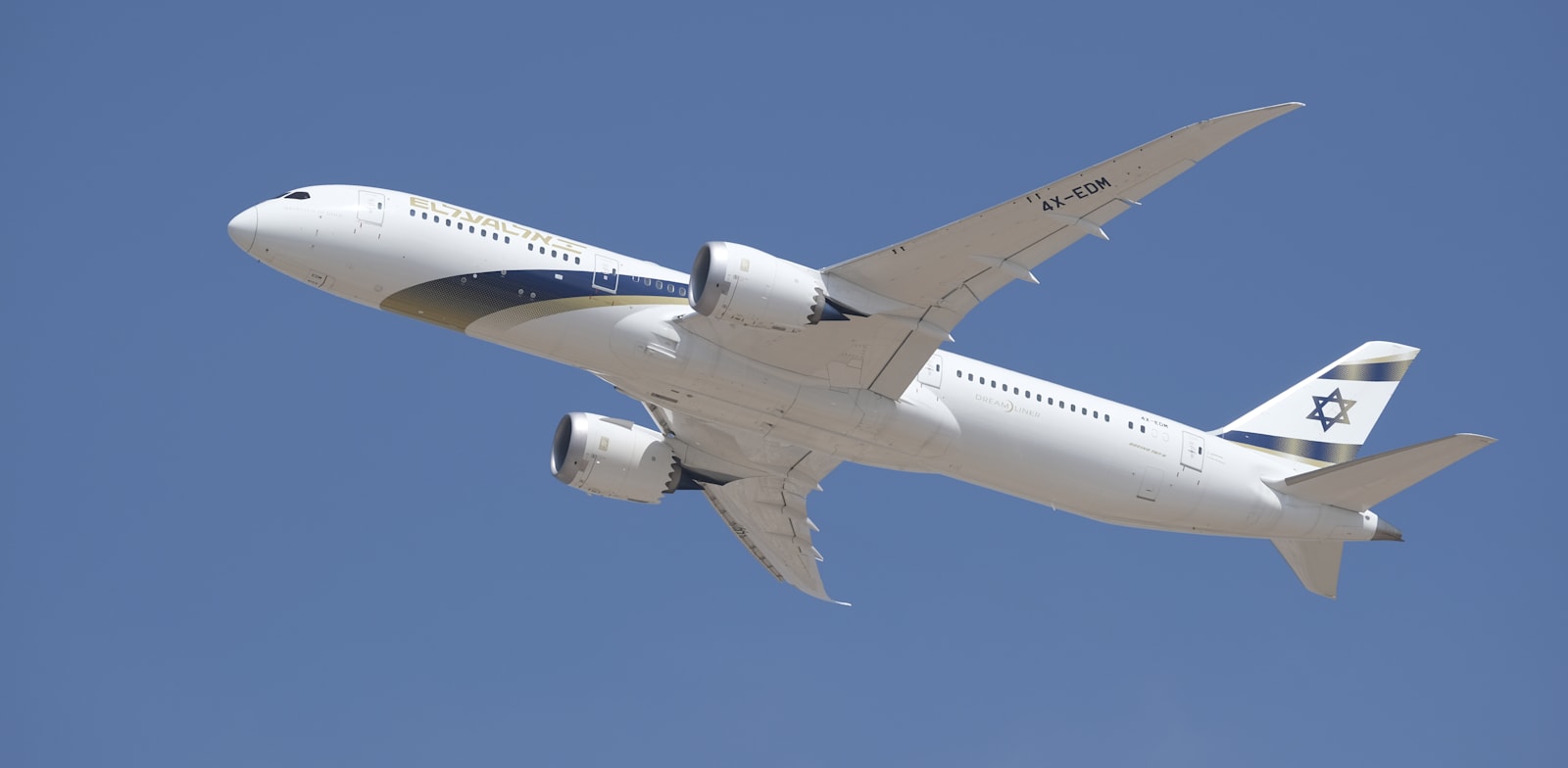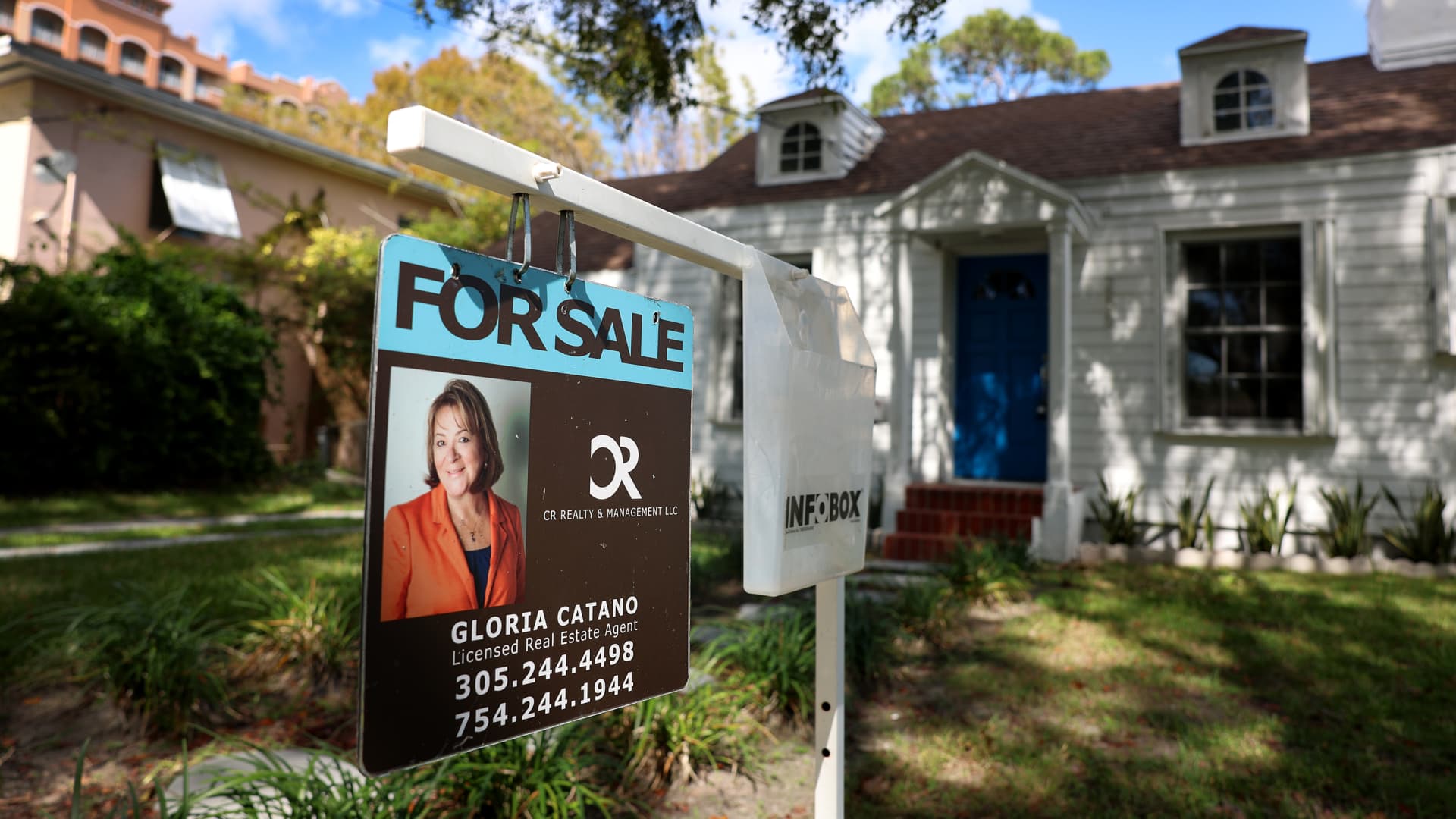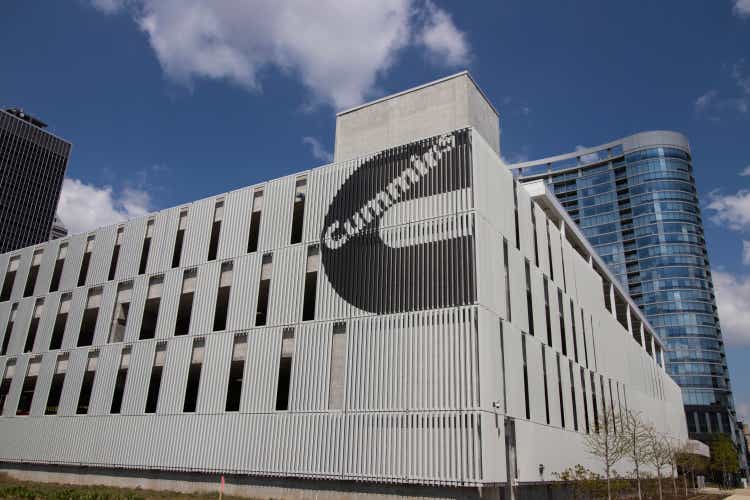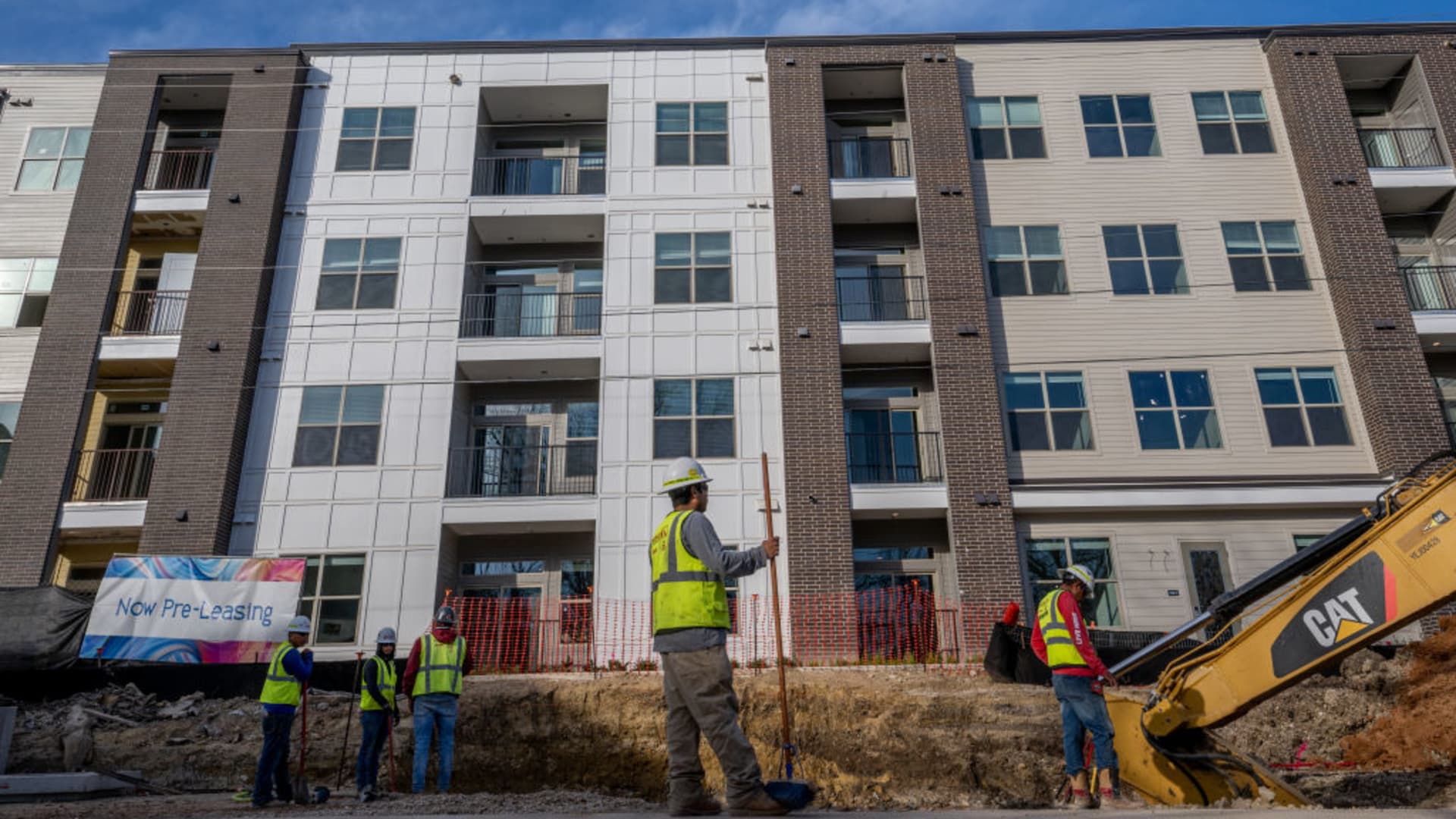The flip side, however, is that given their close relations, Li may have more freedom than expected at least in the field of economics.
Still, the new Li would be wary of what happened to his predecessor, the older Li Keqiang, who was weakened and sidelined during his tenure.
Li’s task for this year is already cut out by lifting the economy from the doldrums it is in thanks largely to the Zero-Covid policy that both he and Xi forced down the people’s throats for over six months.
But Li played a leading role in freeing China from zero-Covid and refocusing the government on economic growth, according to people familiar with the matter. Those moves have kindled cautious optimism among entrepreneurs, investors and political analysts that he may be able to exert a moderating influence on his boss, Xi.
Internally, consumer demand has not bounced back as expected after the Covid restrictions were lifted. That is attributed to large-scale joblessness, the inability of young graduates to find jobs, price rise and other demographic issues.
Facing low business confidence, lacklustre consumer demand, a trembling property sector, a debt crisis among cash-strapped local governments and escalating geopolitical tensions with the United States, the biggest challenge for both Xi and Li remains ensuring the economic recovery stays on track, according to observers.
According to a media report, Wu Qiang, an independent political analyst based in Beijing, said Li’s appointment essentially put an end to more than 40 years of China’s two-headed governance system – often called the rivalry between southern and northern Zhongnanhai, in a reference to the president and premier’s respective quarters within the Beijing complex that houses Communist Party and state leadership.
China observers insist Li should study how his predecessor Li Keqiang survived in the post if he has to have any chance at doing what he plans to do to the Chinese economy.
The new Premier faces a 5 per cent target of economic growth for China this year, indicating a shift in priorities away from raw economic expansion. It may be a conservative target comparatively, largely due to strict Covid restrictions and a crackdown on the private sector.
Li’s challenge is all the more severe as he has no experience of overseeing the economy at this level. He has never held office at the national level before his promotion last fall to the party’s top leadership. That lack of experience and a close relationship with Xi dating back to the early 2000s have led many political observers to speculate that he may be nothing more than a yes-man.
Having said that, Li did show exceptional talent in taking leaders of diverse opinion along with him when he was handling the Covid pandemic. He brought the same skill to bear in trying to revive the Chinese economy, observers say.
He is not alone either. On broader economic policy, Li enlisted the help of He Lifeng, the head of China’s top economic planning agency, who joined the party’s 24-member Politburo in October. Together, they led the drafting of a plan to pivot away from regulation toward encouraging economic growth.
Chinese officials are preparing for Li to attend the Bo’ao Forum, a Chinese government-backed political and business conference, in late March, where he could boost his international profile by meeting foreign leaders, including from Singapore, Malaysia and Nepal, according to people briefed on the matter.
In contrast, the other Li, Li Keqiang, had a quiet exit as Premier after serving as China’s number two leader for a decade. It is unclear if he is unhappy with the leadership for the manner in which his exit was planned.
Apparently, he told his staff, “While people work, heaven watches. Heaven has eyes.” Nobody knows if it is a cryptic message conveying his frustration to Xi Jinping.
According to a media report, “Li’s words betrays a deep sense of frustration over a decade in which he could have exerted his largely reformist agenda but was hamstrung by being in the shadow of a political strongman and other crises, according to Dr Wang Juntao, a friend of Li at the prestigious Peking University 40 years ago. ‘This is [the voice of] a defeated person … who hopes that the divinity would vindicate him,’ said Wang, a political dissident jailed in the 1989 Tiananmen democracy movement and now living in exile in the US.”
Li is considered “the weakest premier after the Chinese Communist party took power in 1949 despite his expertise in western legal traditions and a degree in law and a doctorate in economics. When he became premier in 2013, it was thought he would be a liberal reformer. But he was unable to make headway as his power was curbed by Xi, who placed his allies in key strategic positions over him. Over the years, Xi increasingly sidelined him.
According to media reports, analysts said Li would nonetheless be remembered for the moderating effect he had on Xi and his concern for ordinary people. Li promoted the private economy and foreign investment, in contrast to Xi’s focus on state ownership, and he relied on data from private industry to parse the state of China’s economy.
He once described China’s official GDP statistics as “man-made”, according to a US diplomatic cable released by WikiLeaks, and said he relied on data such as electricity consumption and rail cargo volumes to understand his own economy.



